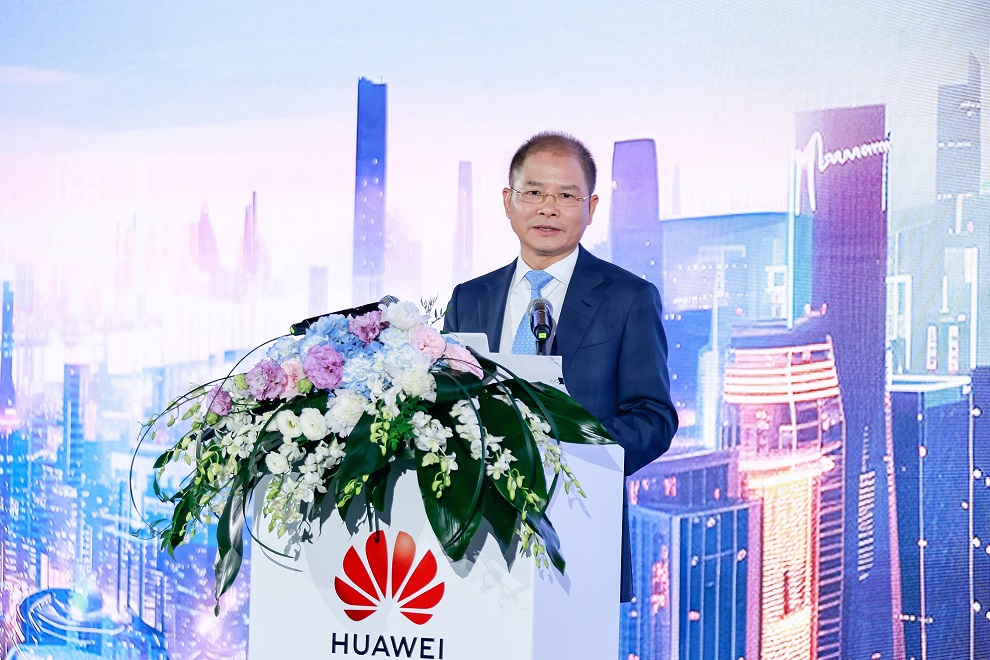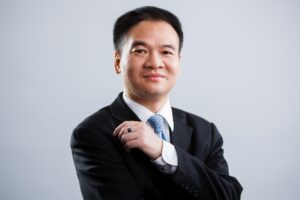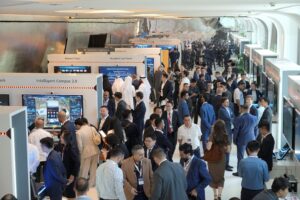The 21st Huawei Analyst Summit (HAS), held in Shenzhen and attended by over 500 analysts, researchers, and experts from around the world, recently concluded. The summit issued a set of recommendations for harnessing artificial intelligence (AI) to enhance the future of business and services across specialized sectors and industries. This year’s summit spotlighted AI’s multifaceted opportunities for businesses, especially when integrated with other cutting-edge technologies like 5G networks and cloud computing.
During the event, Eric Xu, Huawei’s Deputy Chairman and Rotating Chairman, delivered a keynote address outlining the company’s strategy to embrace AI. He also detailed Huawei’s commitment to collaborating with various partners and customers to integrate more AI capabilities. This effort aims to advance the development of businesses and services in multiple sectors, in tandem with the company’s dedication to sustainability, clean green energy, and minimizing the carbon footprint within the communications and information technology sector and its related fields.
In his speech, Xu highlighted Huawei’s strategic initiatives for 2024, focusing on the company’s efforts to capitalize on strategic AI opportunities and propel its ‘All Intelligence’ strategy. The strategy is twofold: driving AI advancements while fostering vibrant ecosystems for mutual success and leveraging AI to elevate the competitiveness of the company’s products and solutions.
Huawei is also poised to assist industries in embracing intelligence through its AI solutions, like the Ascend cloud service and its Pangu models, which are tailored to meet the specific challenges of different industries.
Dr. Zhou Hong, President of Huawei’s Institute of Strategic Research, also shared Huawei’s thoughts and outlook for the age of intelligence. Zhou said, “We will enter an age of all intelligence in roughly 20 years. This will be a future defined by information perception, communications, computing, and control, changing the way we live and work, redefining our relationship with the natural environment, and opening the doors to a new digital world.”
Zhou proposed four strategies to refine Artificial General Intelligence (AGI): enhancing its accuracy, adaptability, creativity, and efficiency; developing diverse forms of intelligence; creating an open, intelligent system based on autonomous agents; innovating new computing models, architectures, and components; and applying a systems engineering approach to AI development.
The Huawei Pangu Models are designed to facilitate industries’ adoption of intelligence and address complex R&D, production, supply chain, sales, and service challenges across multiple sectors, such as finance, government, manufacturing, mining, automobiles, medicine, meteorology, and railways. By merging industry expertise with foundational models, Pangu aims to revolutionize these domains. In 2023, Huawei Cloud announced that Nature, one of the world’s preeminent scientific journals, published a groundbreaking paper on its Pangu Weather AI model. In August, the Pangu Weather Model became publicly accessible on the European Center for Medium-Range Weather Forecasts (ECMWF) website. It is worth noting that the Huawei Pangu Mining Model and Pangu Railway Model are gaining traction within their respective industries.












